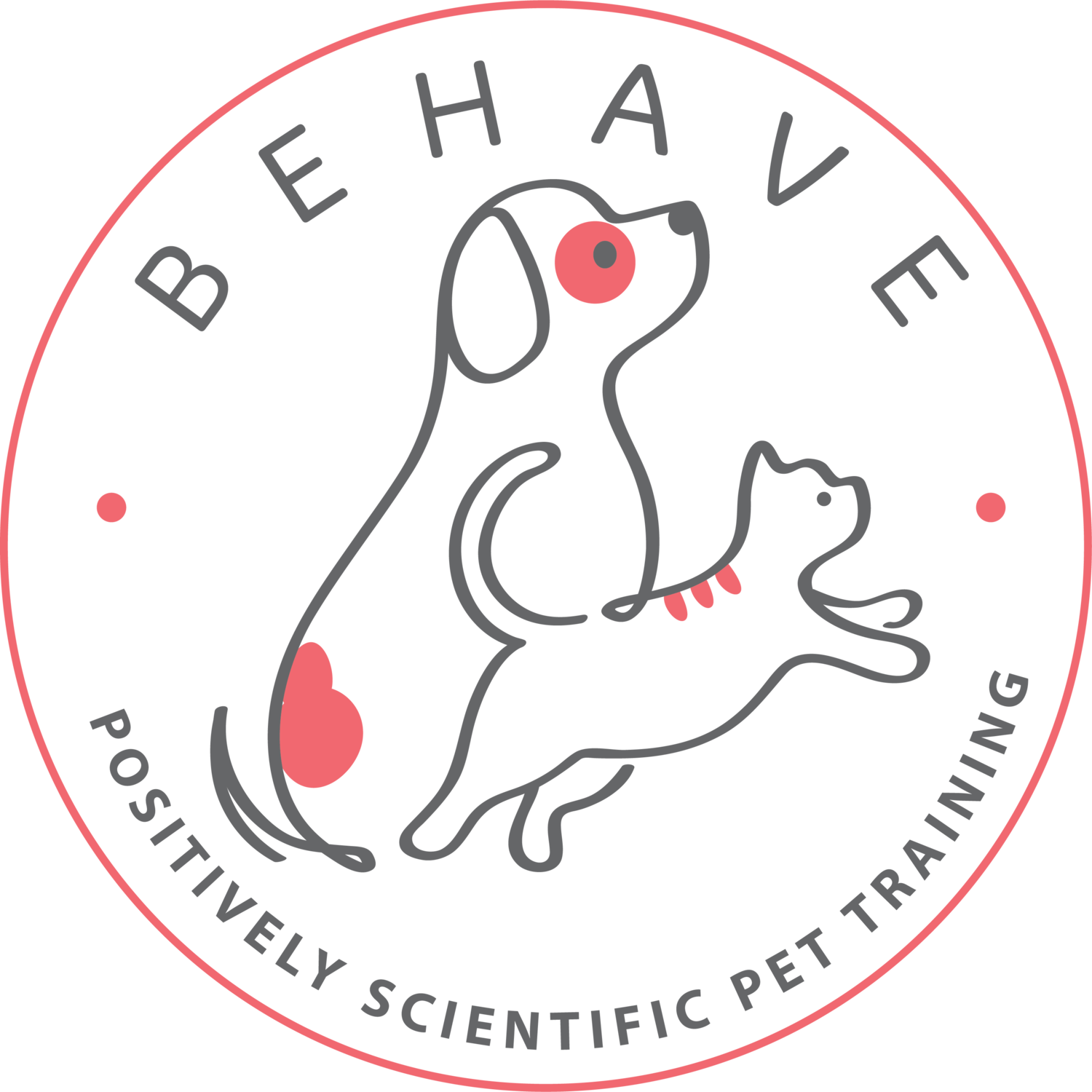Group Classes
Why should I still go if I can train my dog myself, or hire a private trainer?
Every Thursday evening for six years, I (Amy) would go to the armory in Cambridge, Massachusetts to teach dog training classes for the oldest AKC club in America, the New England Dog Training Club (NEDTC). Founded in 1936, the club has gone through a number of changes over the years, always flexing to keep teaching dogs good manners. When I was teaching there from 2012 - 2018, we had a very successful steps program that taught me the best of what group dog training classes would be. Every Thursday night as many as 100 dogs came to class with their person, and both learned how to work better together. We had 630,730, and 830 PM time slots (four different classes going on at each of these hours). Anyone bringing a new puppy or new adult dog for the first time could witness the advanced level dogs working just on the other side of the large gym. The set-up was killer, (and always took at least 8 of us 30 minutes pre- and post-class to roll out carpet and tarps, set up ring gates to create the different classes, get out water bowls, post signs, strategize entering and exiting) but the space and set-up was perfectly conducive to churning out tens of wonderfully trained dogs every few months.
This step program created a way for a dog/person team to advance at their own pace through a number of skills and set-ups, advancing from Step 1 (beginner) to Step 4 where a dog could sit for the Canine Good Citizen exam (CGC). The CGC is a well-respected AKC test that allows dogs to become therapy dogs, keeps insurance down in certain home-owners associations, and is generally the big gold STAR of the pet dog world.
I can still remember the disbelief on many a newbie’s faces watching dogs in the far ring do a distance-down-stay off-leash for 3 minutes. I always smiled and said, “if you stick with this, your dog can be doing that in a year or two”. And many dogs/people did stick with it and did get to see just what I was talking about. For me as a trainer, I saw weekly humans realizing the huge potential that lies in their own dog for great body control, cooperative listening, and what those in the Boston area would call “wicked smarts.”
A huge part of the draw and the success of these classes (we always had a waitlist) was that dogs were learning their skills in a distracting environment and when dogs can work amidst big distractions, they can work anywhere. And while group classes are giving the dog the ability to learn how to concentrate through the distractions, they are offering the people the time and the training to understand their own dog’s unique mix of challenges/skills. Still, group classes are not for those who easily give up. On occasion, I’d see a dog struggling in Step 1 and the person would choose to not come back because it was frustrating to see/experience. But for the most part, some encouragement kept them coming back and we (the staff) got to witness dog/human pairs improving in leaps and bounds.
I’m excited to bring the group training experience to BehaveAtlanta, but it requires a little creativity and teamwork, because we don’t have a dedicated space to hold them (and if we did have a space, Covid-19 would have forced us outside anyways!). So it’s a great time to be offering outdoor classes in varied locations! We were grateful to run a small puppy class this month thanks to an email from an interested person who offered us an outdoor space in her neighborhood, and helped gather other puppy parents by advertising on neighborhood social media like Next Door. We are looking to offer more classes in the late Summer/Fall. Please respond to this by leaving a comment or contact us using our contact form on our website to let us know you’re interested!
*Group classes are not for every dog and that’s absolutely OK. They are not a good fit for your dog if your dog has stranger danger (is fearful/reactive/aggressive to people) or dog reactivity (is fearful/aggressive/reactive to other dogs). In those cases, we offer private sessions!
Group classes offer you and your dog these benefits:
You see others work and learn from other dog owners;
You have a weekly deposit in your skills bank and keep moving forward on your goal of being a better dog/person pair;
You have immediate access to a trainer who’s able to answer questions;
Classes are more affordable than private training;
Dogs need to learn how to ignore other dogs;
Dogs need to learn how to work in a distracted environment;
There’s a lot to this thing that we call “positive reinforcement dog training” that most don’t ever learn (such as how to fade treats and keep strong commands);
A trainer is there to assess your dog’s learning style and how to help them learn better;
You can also improve on your training style by getting tips on how to give commands, marks and rewards;
The benefits of spending time with other person and dog teams who are working on similar goals;
Your dog will enjoy it and it’s a nice weekly thing you can do together.



